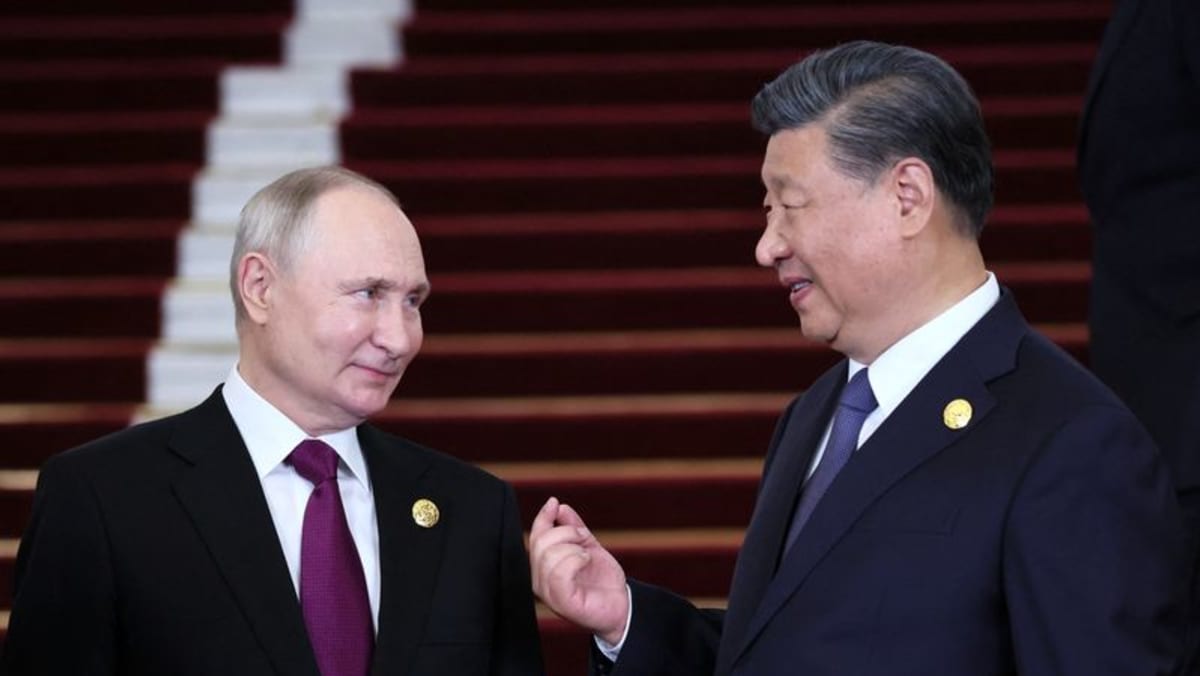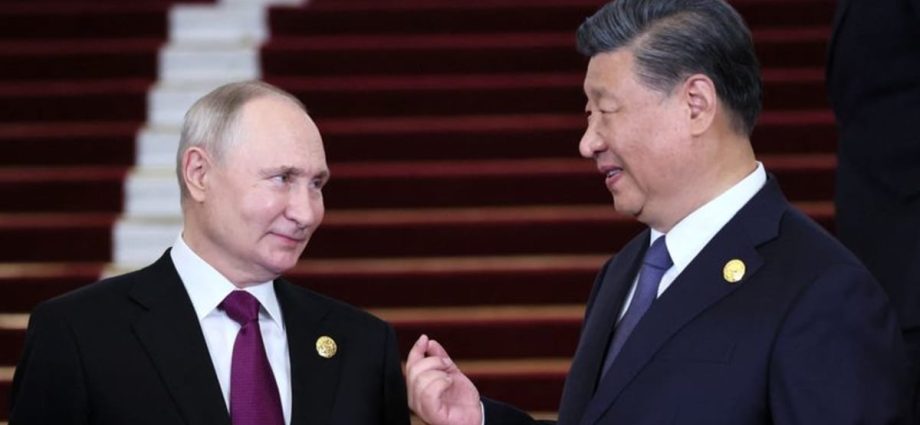
Perhaps the most instructive aspect of the visit was Putin’s explicit acknowledgement of the different roles played by Moscow and Beijing in international politics.
Putin described the Russia-dominated Greater Eurasian Partnership (GEP) – a concept Moscow has promoted as a response to the Belt and Road Initiative (BRI) that would fuse the Eurasian Economic Union with the BRI – as a regional or “local” project. Meanwhile he happily described the BRI as “global” in scale.
For the past decade, Russian policymakers and experts have consistently held up the GEP as symbolising Russia’s equality with China. Russian foreign minister Sergei Lavrov has described it as “the creation of a continent-wide architecture”.
Putin’s words, coupled with the lack of any meaningful results of the meeting (bar a contract on food and agricultural products which has yet to be confirmed by Beijing), illustrate the extent to which Russia’s war against Ukraine has deepened the asymmetry between the two powers.
HOLDING BACK?
The lack of genuine progress on the issue of the Power of Siberia-2 pipeline, which will transport gas from Russia’s Yamal gas fields, which used to supply Europe, via Mongolia to China, was further evidence of this asymmetry. Xi was kind enough to express hope that the project could proceed quickly. But he did not outline any concrete steps in that direction.
China’s agreement, if confirmed by a contract, would have been the most clear signal of Beijing’s strategic support for Russia, especially given Gazprom’s shrinking European market. By prolonging negotiations, China seems to be trying to extract specific concessions from Russia, related to the price of gas, possible Chinese ownership of gas fields in Russia, or Beijing’s acquisition of shares in Gazprom.
Meanwhile, in May, China revived the prospect of building the so-called section “D”, enlarging the capacity of the Central Asia-China gas pipeline system, which will bring gas from Turkmenistan via Kyrgyzstan and Tajikistan to China, emphasising China’s other sources of energy supplies.
While continuing to offer Moscow political support and not interfering with Chinese companies’ attempts to take advantage of the exodus of Western companies to increase their presence in the Russian market, Beijing has clearly attempted to prevent any embarrassment related to Russia. A gas contract would have overshadowed the BRI summit and generated a strong reaction in the US and Europe, potentially strengthening China hawks in the West.

